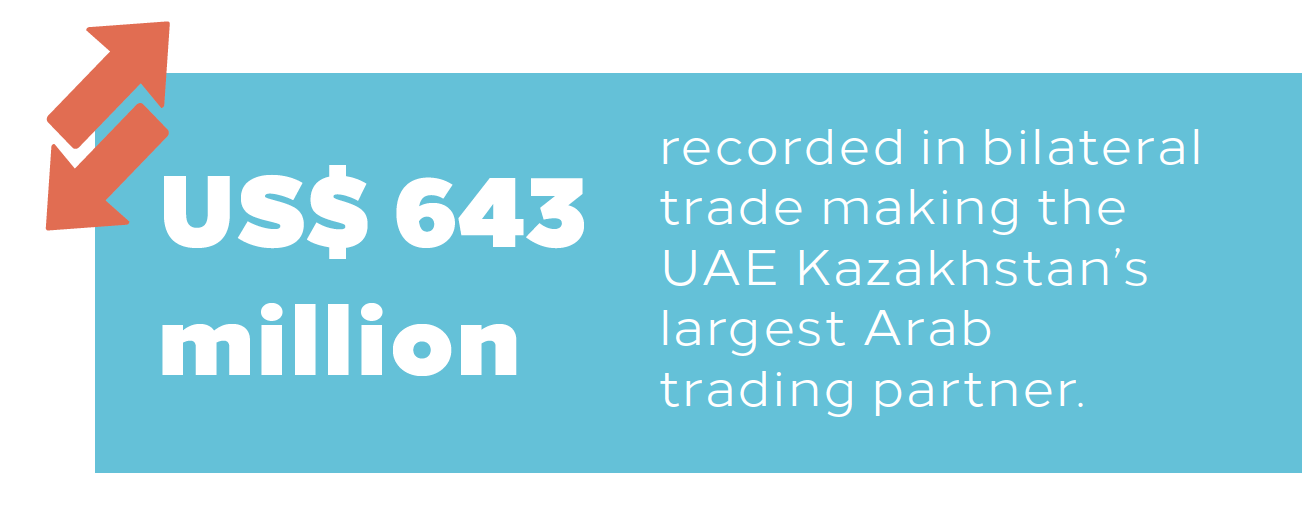- Arbitration
- Banking & Finance
- Capital Markets
- Commercial
- Competition
- Construction & Infrastructure
- Corporate / Mergers & Acquisitions
- Corporate Services
- Corporate Structuring
- Digital & Data
- Dispute Resolution
- Employment & Incentives
- Family Business & Private Wealth
- Innovation, Patents & Industrial Property (3IP)
- Insurance
Find a Lawyer
Book an appointment with us, or search the directory to find the right lawyer for you directly through the app.
Find out more
Real Estate & Construction and Hotels & Leisure
Real estate, construction, and hospitality are at the forefront of transformation across the Middle East – reshaping cities, driving investment, and demanding increasingly sophisticated legal frameworks.
In the June edition of Law Update, we take a closer look at the legal shifts influencing the sector – from Dubai’s new Real Estate Investment Funds Law and major reforms in Qatar, to Bahrain’s push toward digitalisation in property and timeshare regulation. We also explore practical issues around strata, zoning, joint ventures, and hotel management agreements that are critical to navigating today’s market.
As the landscape becomes more complex, understanding the legal dynamics behind these developments is key to making informed, strategic decisions.


2025 is set to be a game-changer for the MENA region, with legal and regulatory shifts from 2024 continuing to reshape its economic landscape. Saudi Arabia, the UAE, Egypt, Iraq, Qatar, and Bahrain are all implementing groundbreaking reforms in sustainable financing, investment laws, labor regulations, and dispute resolution. As the region positions itself for deeper global integration, businesses must adapt to a rapidly evolving legal environment.
Our Eyes on 2025 publication provides essential insights and practical guidance on the key legal updates shaping the year ahead—equipping you with the knowledge to stay ahead in this dynamic market.
The leading law firm in the Middle East & North Africa region.
A complete spectrum of legal services across jurisdictions in the Middle East & North Africa.
-
Practices
- All Practices
- Banking & Finance
- Capital Markets
- Commercial
- Competition
- Construction & Infrastructure
- Corporate / Mergers & Acquisitions
- Corporate Services
- Corporate Structuring
-
Sectors
-
Country Groups
-
Client Solutions
Today's news and tomorrow's trends from around the region.
17 offices across the Middle East & North Africa.
Our Services
 Back
Back
-
Practices
- All Practices
- Banking & Finance
- Capital Markets
- Commercial
- Competition
- Construction & Infrastructure
- Corporate / Mergers & Acquisitions
- Corporate Services
- Corporate Structuring
- Digital & Data
- Dispute Resolution
- Employment & Incentives
- Family Business & Private Wealth
- Innovation, Patents & Industrial Property (3IP)
- Insurance
- Intellectual Property
- Legislative Drafting
- Private Client Services
- Private Equity
- Private Notary
- Projects
- Real Estate
- Regulatory
- Tax
- Turnaround, Restructuring & Insolvency
- Compliance, Investigations and White-Collar Crime
-
Sectors
-
Country Groups
-
Client Solutions

Astana International Financial Centre Court Hands Down its First Judgment

The Astana International Financial Centre (‘AIFC’) Court (‘Court’) has issued its first judgment. In Aurora AG Limited v Star Asian Mining Company LLP [2019] (25 April 2019), a decision of Justice Tom Montagu-Smith QC without a hearing, the AIFC Small Claims Court considered a contract engaging the claimant contractor to carry out ground-based geophysical works for the defendant in East Kazakhstan. The claimant said that it had completed the works but had not been paid by the defendant.
Background
The contract contained a jurisdiction clause in favour of the Court for the resolution of all disputes between the parties that remained unresolved after negotiations.
The Court had jurisdiction over the claim by virtue of the Constitutional Statute of the Republic of Kazakhstan on the AIFC, Constitutional Statute No. 438-V ZRK of 7 December 2015 (as amended), Article 13(4)(3), which conferred jurisdiction on the Court over disputes referred to it by way of agreement of the parties.
The claimant commenced proceedings by issuing a claim form on 19 March 2019. The Court Registry initially served the claim by delivery to the defendant’s registered offices. Those offices were found to be occupied by a third party, so the claimant supplied two e-mail addresses which were then used by the Court Registry for service by electronic means, as permitted under the Court Rules.

The defendant failed to respond to the claim but, as the proceedings had been begun in the Small Claims Tribunal rather than Court of First Instance, the judge had to decide the claim on its merits rather than by default. The claimant provided brief details of the claim in the claim form, which was signed by its in-house legal counsel to whom copies of the material contract, an invoice, a document entitled “Act of Performed Works” and some correspondence were appended. The defendant did not file any conflicting evidence.
The claimant carried out geophysical works in accordance with the terms of the contract and confirmed the works had been completed on or before 15 August 2018.
On 29 November 2018, the claimant submitted an invoice to the defendant along with the Act of Performed Works document, which recorded the value of the completed works and demanded payment.
The demanded sum was less than the full contract sum agreed because, on the evidence of the claimant accepted by the judge, this reflected the value of the actual work performed. The judge inferred that the scope of work described in the contract had been reduced and the defendant was obliged only to pay for the work carried out, in accordance with the terms of the agreement.
The judge found that the claimant had carried out its work in accordance with its contractual obligations and was therefore entitled to be paid. The defendant had, on the claimant’s evidence, conceded as much, but had simply refused to pay. The judge awarded KZT 42,747,658.24 (around US$ 110,800) to the claimant by way of sums due under the contract. The contract was governed by AIFC law, with a term obliging the defendant to pay what was described as a “fine” for late payment of the sums due under the contract, in the amount of 0.05 percent of the overdue sum per day, up to a maximum total of five percent of the overdue sum. The judge awarded the maximum sum, a further KZT 2,137,382.91 (around US$ 5,500), due under this provision.
Analysis
This decision is the first real test of the AIFC Court Rules and procedures. It is encouraging to see the process running smoothly. Less than six weeks elapsed between the issue of the claim form and the publication of the judgment. The judgment is directly enforceable throughout Kazakhstan, unlike judgments and orders from the Dubai International Financial Centre or the Abu Dhabi Global Markets Courts, which must be raised before the courts of the jurisdiction outside the DIFC and/or the ADGM where the judgment debtor’s assets are sited. However, in a process similar to that available to judgment creditors in the UAE’s common law courts, the claimant would be entitled to seek enforcement outside Kazakhstan if necessary.
As we noted in the June/July 2019 Law Update article titled ‘Astana’s New Dispute Resolution Institutions: Developing Business Relations between the GCC and Kazakhstan’, the Arab world and Kazakhstan have had close and friendly ties for many years; the UAE is Kazakhstan’s largest Arab trading partner, with almost US$ 643 million in bilateral trade recorded in 2017. This had been possible because the mechanisms and institutions that facilitate cross-border trade are in place, and parties to transactions/agreements feel secure in the knowledge that they can avail of tried and tested international dispute resolution processes should the need arise.
Al Tamimi & Company is in the process of becoming a registered law firm with the right to conduct litigation before the AIFC Court. Members of the firm are registered practitioners with rights of audience before the AIFC Court. For more information about dispute resolution in Kazakhstan, please contact Peter Smith (p.smith@tamimi.com), Rita Jaballah (r.jaballah@tamimi.com) or Peter Wood (p.wood@tamimi.com).
Stay updated
To learn more about our services and get the latest legal insights from across the Middle East and North Africa region, click on the link below.


